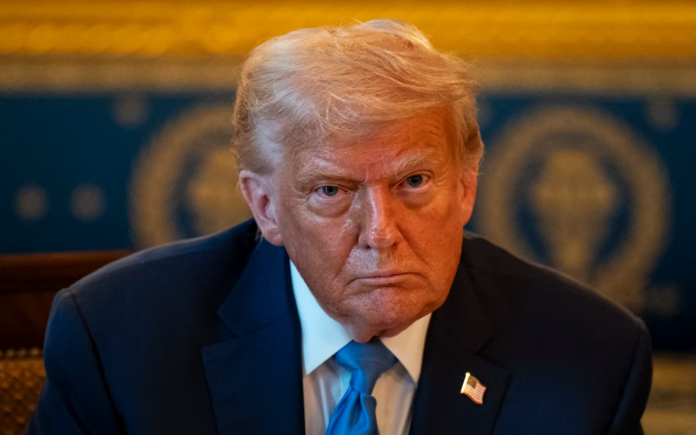US President Donald Trump announced a 35% tariff on Canadian imports effective 1 August, escalating trade tensions during ongoing negotiations between the two nations.
The declaration, made via social media on Thursday, sent futures for major stock indexes downward and marks a significant increase from the 25% duty Trump imposed on Canadian goods in February.
In a Truth Social post addressed to Prime Minister Mark Carney, Trump justified the measure by criticising Canada’s “failure” to prevent drug smuggling into the US, specifically citing fentanyl.
If Canada works with me to stop the flow of fentanyl, we will, perhaps, consider an adjustment to this letter.
Carney responded hours later on X, asserting Canada had “steadfastly defended our workers and businesses” and “made vital progress to stop the scourge of fentanyl in North America.” He confirmed negotiations would continue toward the revised 1 August deadline.
Canadian Foreign Minister Anita Anand had earlier expressed optimism about reaching a new economic agreement by 21 July, noting teams were working “extremely hard behind closed doors in a complex negotiation” critical for Canada’s economic health.
A White House official granted anonymity revealed the administration intends to target only goods violating the 2020 USMCA agreement, though final authority rests with Trump. This contradicts the president’s NBC interview suggestion of 15-20% tariffs for countries lacking US trade deals.
Simultaneously, Trump confirmed forthcoming tariffs against the European Union, where negotiations remain tense. EU Trade Chief Maroš Šefčovič told lawmakers talks had so far “spared the EU” from tariff letters, but acknowledged precarious progress. The EU’s request to extend the deadline to 1 August provides limited reprieve as both sides grapple with auto sector protections and digital trade disputes.
